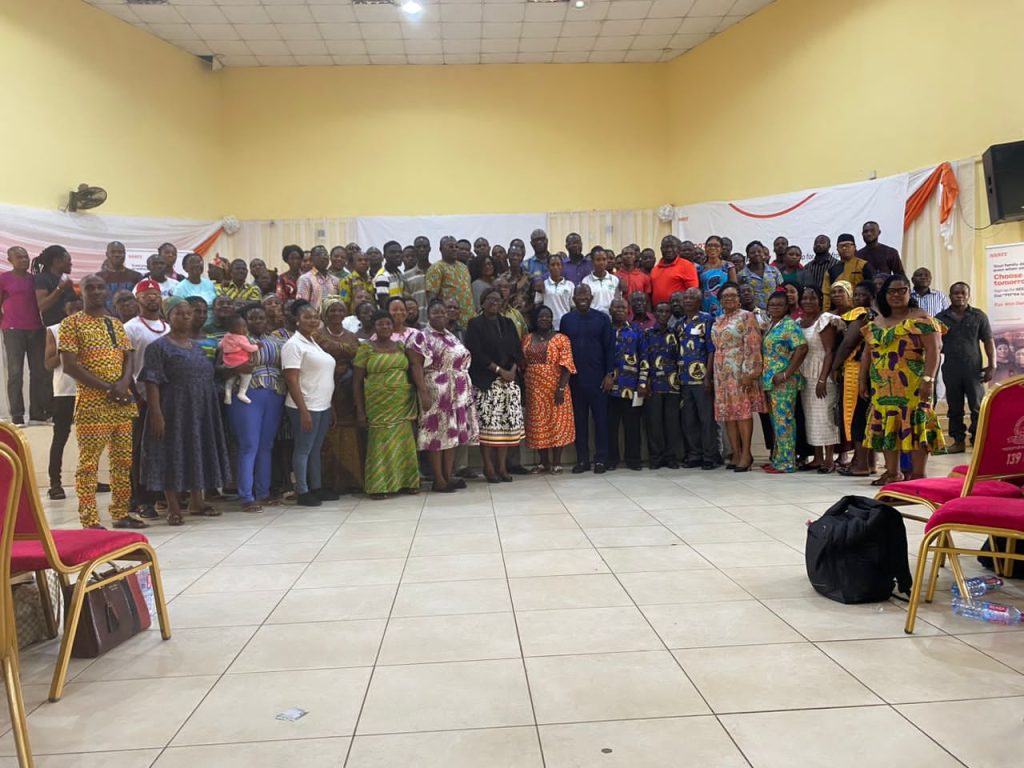By Samuel Akumatey
Ho, Nov. 4, GNA – Dr John Ofori Tenkorang, Director-General of the Social Security and National Insurance Trust (SSNIT), has called on the working public to consider a retirement insurance to be able to survive old age.
He said workers, both formal and informal, must consider the extended lifespan of the present generation, and seek to secure pensionable future.
Dr. Ofori-Tenkorang was speaking at an engagement with the informal sector in Ho, and said parents and their children would share retirement, therefore each one must secure their future.
“You cannot always depend on your children for your retirement. Your children cannot guarantee your retirement support.
“Life expectancy is high and dependence by parents would affect us all. You would enter retirement while your parents are still alive and your will be burdened,” he stated.
The Director-General urged all to seek the advantage of the State-run insurance scheme, which continued to support the ending years of the nation’s retired workforce.
“When that income you using disappears from you, the insurance company called SSNIT will come and replace that income from you. SSNIT is the foundation of pensions, Tier II is the block work, Tier III is the roof, and your little investments somewhere could finish the room”.
The Director-General pointed out poor pension insurance culture among the informal sector, which had only 57,000 of the 6.7 million on the SSNIT.
The formal sector on the other hand has 60 per cent of its 3.2 million workers on a Scheme, and Dr. Ofori said, “we need to change the narrative”.
“SSNIT is from the State and the State protects it,” he added.
The Scheme presently pays 13.5 per cent returns said to be the highest for any policy, and provides both digital and cash payment modules.
The Director-General said pensions had increased by 21 per cent, and that the Scheme maintains the hallmark prompt payments.
The engagement was organised in collaboration with the Trade Union Congress, which help reach out to various unions within the informal work sector.

Dr. Ofori-Tenkorang said the event was part of a nationwide train to promote pension awareness among the dominant sector, and noted how working with the TUC helped increase the number on SSNIT from 14,000 to 57,000 within a period of about three years.
“The notion that SSNIT is for government workers only is not true. The growth has been commendable and its positive for the efforts to bring in more self employed”.
The Director-General would speak of the role of “enabling technologies” in sustaining the gains, adding that the recent penetration of biometric cards and the advancement of the electronic payment systems continued to aid the on-boarding of the informal sector.
GNA